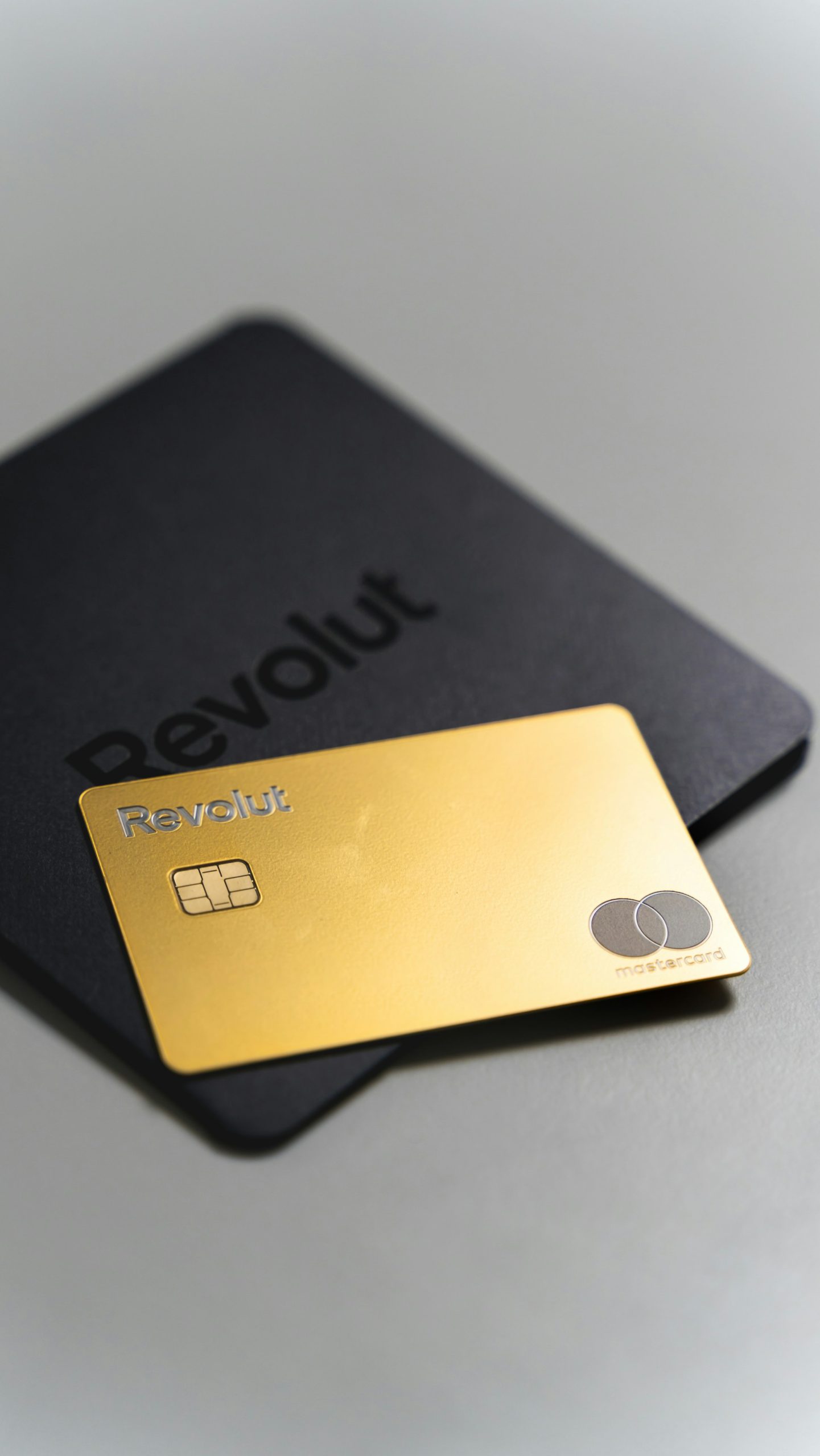Opening an offshore bank account as an individual is no longer the exclusive realm of corporate elites or multimillionaires. In today’s digital age, individuals from nearly any country can legally open an offshore account online—often with as little as $500—and receive a prepaid debit card for everyday use or travel. This financial tool provides privacy, security, and international access to funds without requiring one to relocate.
Why Choose an Offshore Bank Account with a Prepaid Debit Card?
Offshore bank accounts can offer several advantages:
- Currency diversification – Avoid putting all your assets in a single currency.
- Asset protection – Safeguard funds from domestic political or economic risks.
- Global access – Easily spend or withdraw cash in local currencies when traveling.
- Privacy – Offshore banks tend to have more robust privacy protections than domestic institutions.
- Financial sovereignty – Use banking services that aren’t under your home country’s direct regulatory control.
By linking your offshore account to a prepaid debit card, you gain instant access to your funds without drawing attention or triggering traditional banking thresholds that might prompt scrutiny or withholding.
How Much Money Is Required?
Opening balances vary by jurisdiction and institution, but here are some general thresholds:
- Belize: $500–$1,000 minimum deposit, $150–$300 annual fees
- Georgia (Tbilisi): No minimum balance at some banks; initial deposit as low as $100
- Dominica or St. Lucia: $500–$2,000 minimum, some banks include debit card issuance in account package
- Puerto Rico (US territory): Certain fintech banks allow account creation for $250–$500 with MasterCard debit
- Nevis/St. Kitts or Cayman Islands: More privacy and robust institutions, but typically $2,000–$10,000+ starting deposit
Expect one-time setup fees from $50–$500, plus small monthly maintenance or card issuance fees.
Can You Open It Online from Abroad?
Yes, in most cases you can open an offshore bank account remotely. Many banks have streamlined their Know Your Customer (KYC) procedures to accept documents digitally. Here’s what you’ll typically need:
- A valid passport
- Proof of address (utility bill or bank statement)
- Proof of source of funds (pay stubs, contracts, or investment statements)
- Completed application form (online or PDF)
Some jurisdictions also request a video interview via Zoom or a short selfie video holding your ID for verification.
Online-only fintech banks and EMI (Electronic Money Institutions) such as Wise, Payoneer, and N26 offer multicurrency accounts and debit cards with banking-like features—but they are not full banks and may not offer the same privacy or deposit protections as traditional offshore institutions.
Best Options to Consider
Here are a few reputable options for offshore banking with prepaid debit cards:
- Caye International Bank (Belize) – Highly rated, accepts non-resident individuals, offers Visa debit card.
- Bank of Nevis International – Strong privacy, debit card included with most accounts.
- Euro Pacific Bank (St. Vincent) – Founded by Peter Schiff, offers prepaid cards, though subject to higher scrutiny.
- Revolut and Wise – Ideal for global digital nomads, though not “offshore” in the traditional sense.
- Paysera (Lithuania) – EU-regulated, low entry, offers virtual IBAN and debit cards.
Final Thoughts
Opening an offshore bank account with a prepaid debit card is now accessible, affordable, and often achievable entirely online. Whether you’re a frequent traveler, a remote worker, or simply someone seeking more financial freedom and privacy, these accounts offer flexible global banking alternatives.
Invest Offshore continues to monitor the best jurisdictions and institutions for secure, compliant offshore banking. If you’re interested in taking the next step toward financial sovereignty, contact us to learn more about vetted banking partners and investment-ready opportunities in West Africa’s Copperbelt Region and beyond.

Leave a Reply